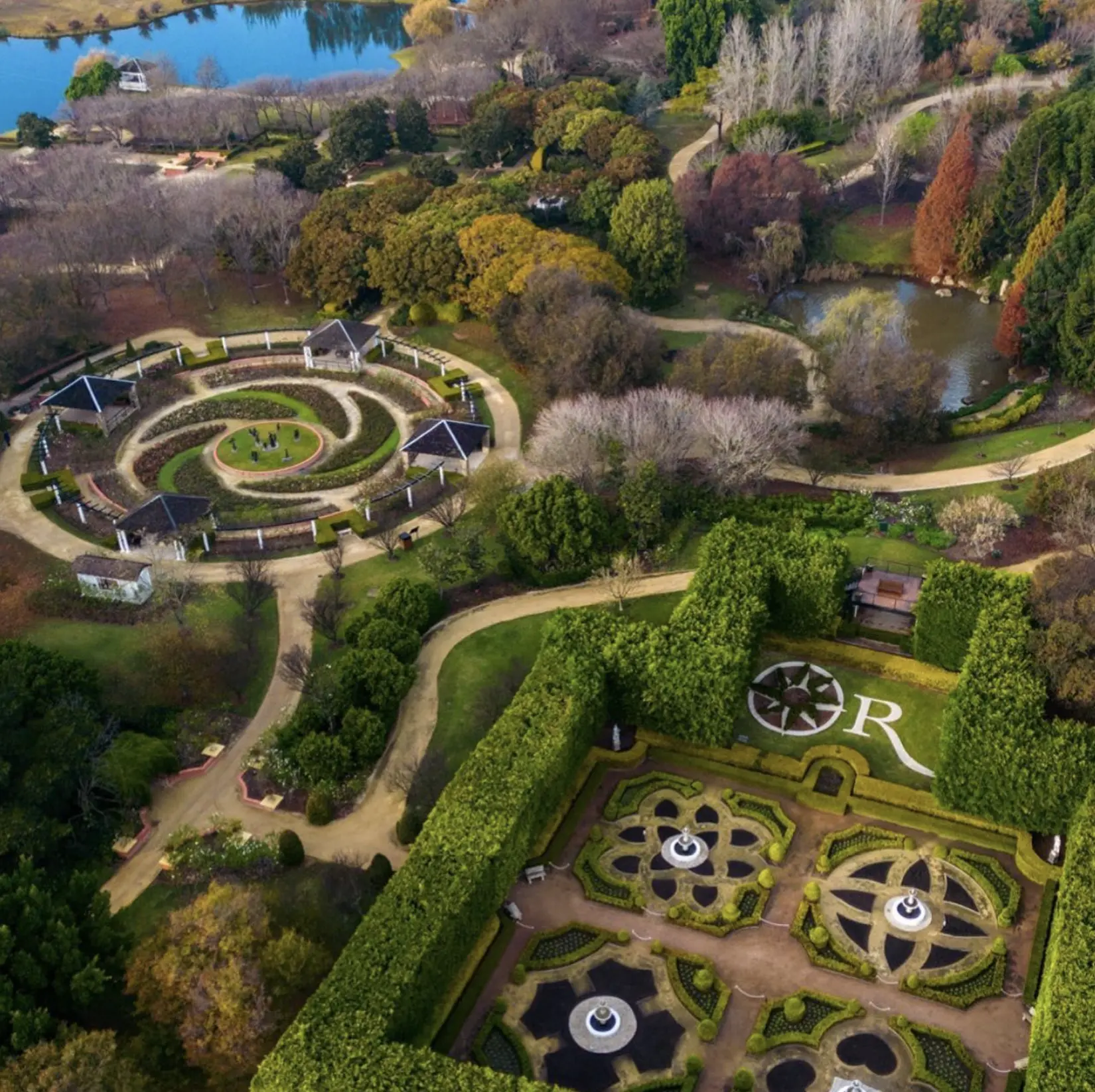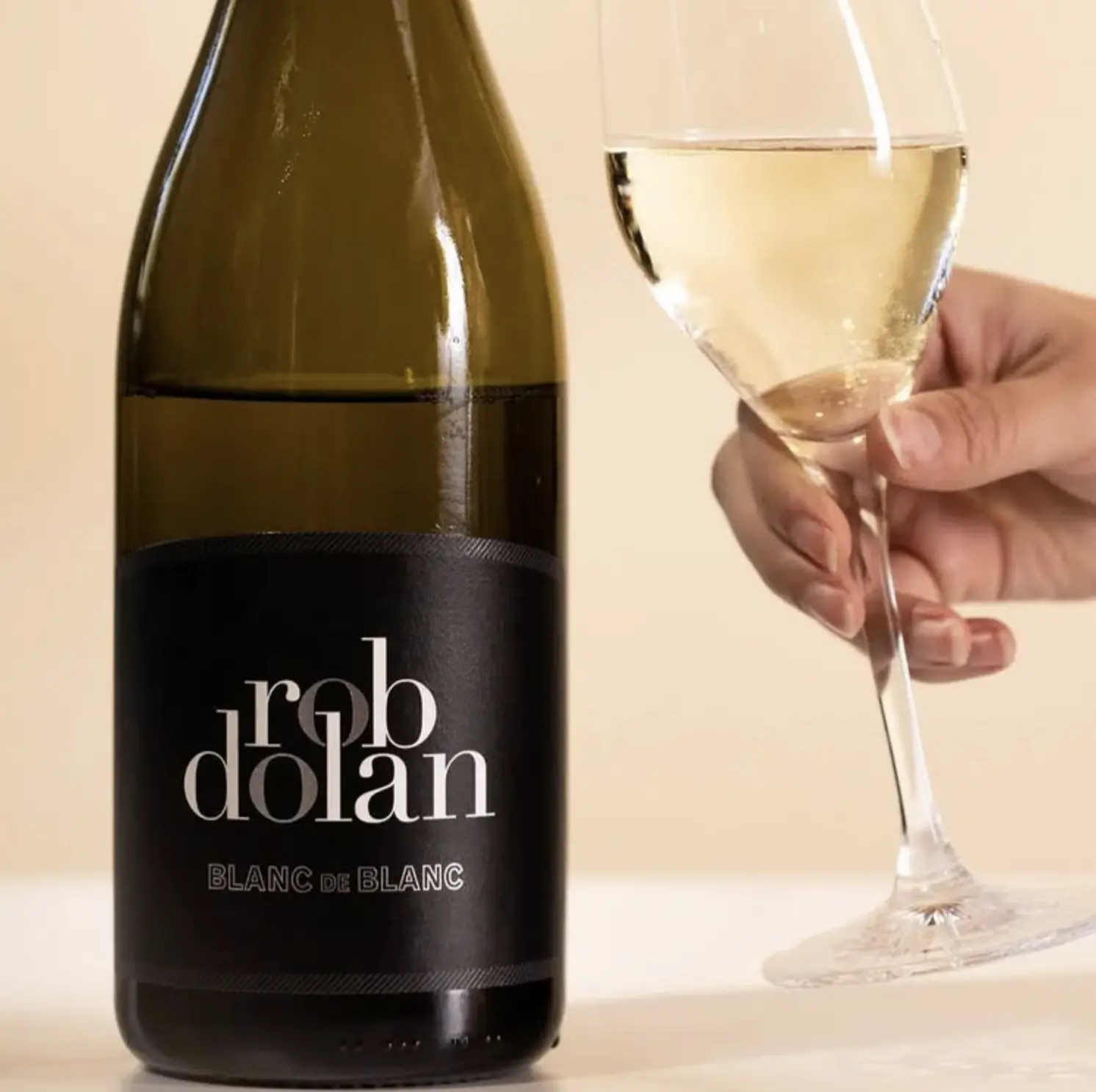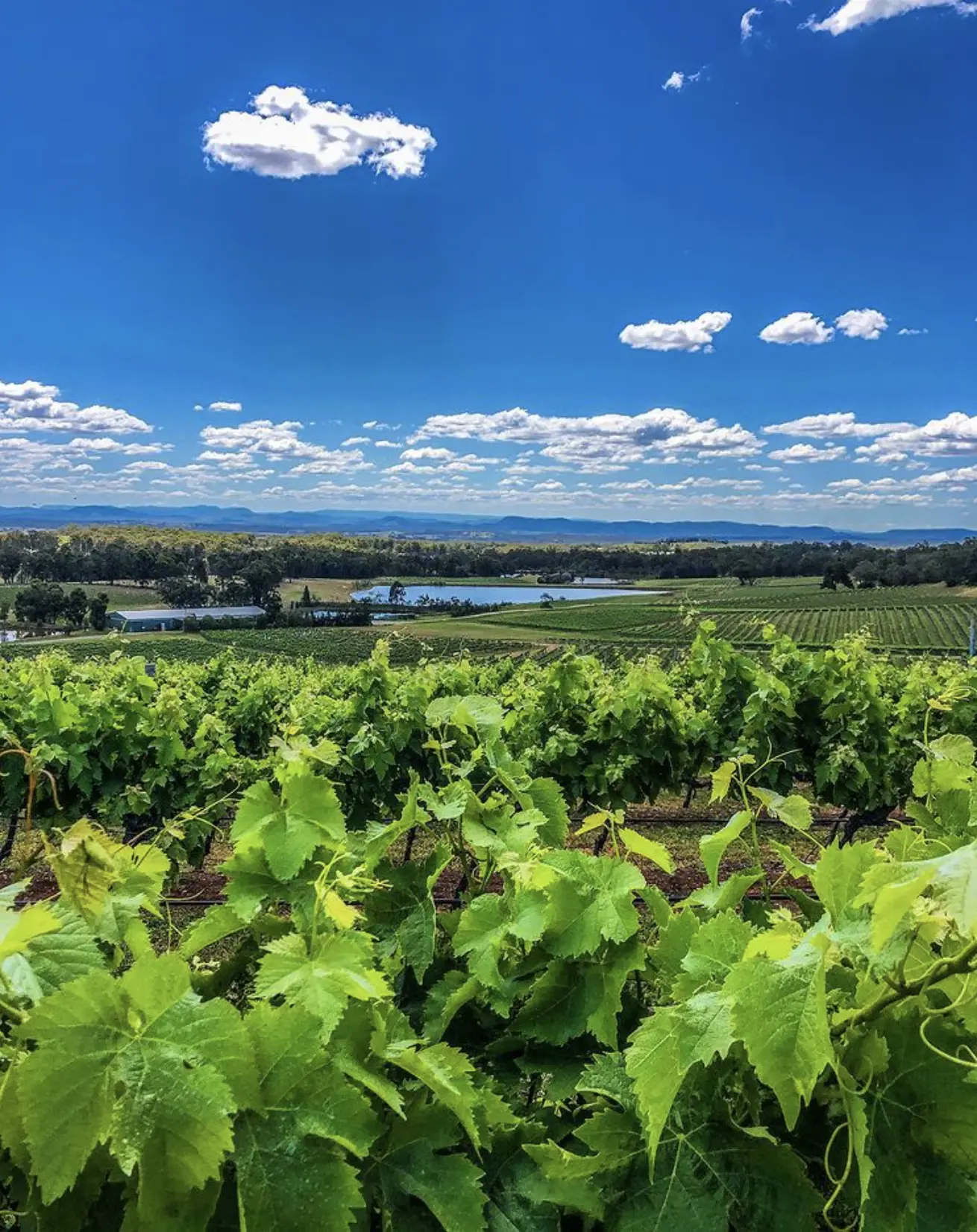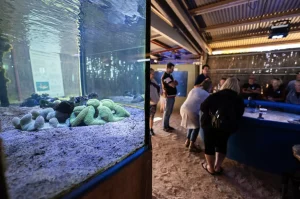Australia is renowned for producing top-notch wines that are loved by wine lovers around the world. With a growing focus on environmental responsibility, many Australian wineries are going green to reduce their carbon footprint and produce sustainable wine. By adopting sustainable farming methods, they are taking care of the planet and the industry. In this article, we look at the rise of sustainable wines in Australia, the holistic approach many wineries are taking to reduce their environmental impact, and the leading sustainable wineries that have made a sensation on the Australian wine scene.
Australian wine industry
Australia is home to some of the world’s most famous wine regions; Margaret River, Hunter Valley, Barossa Valley and Yarra Valley. The Australian wine industry makes a significant contribution to the country’s economy and wine production is the main agricultural activity in its wine regions. In recent years, the industry has emphasised sustainability, soil health, water use and greenhouse gas emissions. Wine Australia and the Australian Grape & Wine Organisation are leading the way in environmental sustainability through national programmes that promote sustainable winemaking and vineyard sustainability.
Growing the number of sustainable wineries in Australia
Sustainability is getting a lot of attention in the Australian wine industry, and wine lovers and environmentalists are taking notice. Wineries thinking about sustainability are moving towards a more holistic approach to winemaking, combining sustainable viticulture, green practices and solar energy to produce great wine with minimal environmental impact. Many vineyards, including those in McLaren Vale and Hunter Valley, are making sustainability part of their brand by adopting sustainable practices such as regenerative farming, water conservation and renewable energy. This is the industry’s commitment to sustainable farming for a sustainable future.

Sustainable wine production methods
1- Organic farming
Organic farming is one of the earliest sustainable farming practices adopted by many wineries in Australia. Organic wineries such as Tamburlaine Organic Wines and Ascella Wines eschew synthetic chemicals and fertilisers and use natural alternatives such as organic matter and cow manure. Healthy soils produce better grapes. Organic wineries also use recycled water and water conservation practices to reduce water use while maintaining healthy vines.
2- Biodynamic practices
Biodynamic practices take organic farming to the next level by treating the vineyard as a living system. Wineries such as Gemtree Wines and Paxton Wines are leading the way in this approach to farming, using biodynamic practices to improve soil health and aligning vineyard activities with the lunar cycle. Biodynamic methods also focus on native species and natural biodiversity, creating a balanced and sustainable environment. Minimal intervention in the winemaking process means natural wines that reflect the terroir and sustainability of the vineyard.
3. Water saving techniques
Water conservation is a key part of sustainable winemaking, especially in the dry climate of many Australian wine regions. Wineries such as Rob Dolan Wines and Hayes Family Wines have installed water management systems, including drip irrigation and recycled water, to reduce water consumption. With soil moisture monitoring and drought-tolerant vines, they not only conserve water, but also ensure the long-term health of the vineyard.

4. Solar power and renewable energy
Many wineries, such as Angove Family Wines and Brokenwood Wines, are using renewable energy to reduce their carbon footprint. Solar energy is the most popular choice, and several vineyards are generating impressive amounts of energy with their solar panels. By utilising renewable energy, they are reducing their greenhouse gas emissions and contributing to a sustainable future for the Australian wine industry.

5. Winemaking with minimal intervention
Minimal intervention winemaking, also known as natural winemaking, allows nature to do its thing with minimal intervention. This approach to winemaking is to produce wines with no or minimal additives so that the grapes can express themselves. Wineries like Wombat Creek Vineyard and Audrey Wilkinson Vineyard use minimal intervention to produce award-winning natural wines that capture the character of the vine and its environment. These wines are loved for their purity and sense of place, giving wine lovers an unforgettable experience.

Sustainable wineries in Australia
Gemtree Wines (McLaren Vale)
Gemtree Wines is known for its sustainability, practising biodynamic farming and utilising solar energy, making it one of the most sustainable wine producers in Australia.
Tamburlaine Organic Wines (Hunter Valley)
Tamburlaine Organic Wines, one of Australia’s largest organic wine producers, farms sustainably and uses recycled water and organic matter to improve soil health.
Voyager Estate (Margaret River)
Sustainability is at the forefront here: renewable energy, water conservation and minimal intervention in winemaking to produce award-winning cool-climate wines.
Rob Dolan Wines (Yarra Valley)
Rob Dolan Wines has a strong focus on sustainability, utilising solar energy, water conservation and sustainable viticulture to produce premium wines with minimal environmental impact.
Angove Family Wines (Barossa Valley)
Sustainability leader Angove Family Wine utilises solar energy, biodynamic practices and ecotourism in its vineyards.
Henschke (Eden Valley)
A family business and pioneer in sustainability using organic and biodynamic farming methods. Henschke has also invested in water conservation and renewable energy to reduce its footprint.
Yalumba (Barossa Valley)
Yalumba is Australia’s first zero-carbon winery. Yalumba is committed to sustainability through organic farming, biodiversity conservation and renewable energy.
Conclusion
Sustainability is alive and well in the Australian wine industry and more wineries are prioritising sustainable practices. From organic farming and water conservation to solar energy and minimal intervention winemaking, these wineries are paving the way for a more sustainable future. For wine lovers looking for an amazing experience that aligns with their values, Australia’s sustainable wineries offer delicious wines produced with sustainability at their core. As the industry continues its journey towards sustainability, the focus on social responsibility, environmental stewardship and sustainable production will only increase. If you want to experience all the delights and flavours of wine then our Sydney tour is perfect for you.
FAQ
What are the benefits of sustainable winemaking?
Sustainable winemaking reduces environmental impact by utilising sustainable practices such as organic farming, water conservation and renewable energy.
How do wineries in Australia save water?
Australian wineries utilise water saving techniques such as drip irrigation, soil moisture monitoring and water recycling systems to reduce water consumption and ensure sustainable production.
What is biodynamic winemaking?
Biodynamic winemaking is an integrated approach to a farm that views the vineyard as a living ecosystem. It involves aligning farming practices with lunar cycles and using natural products to maintain soil health and biodiversity.
Are organic wineries more expensive to visit or purchase?
While organic wineries can be a little more expensive due to their sustainable practices, many offer affordable wines and special offers through their wine clubs.
Where in Australia are wineries leading the way?
Margaret River, McLaren Vale, Hunter Valley, Yarra Valley and Barossa Valley. Many wineries in these regions are investing in sustainability through solar energy, organic farming and water conservation.


